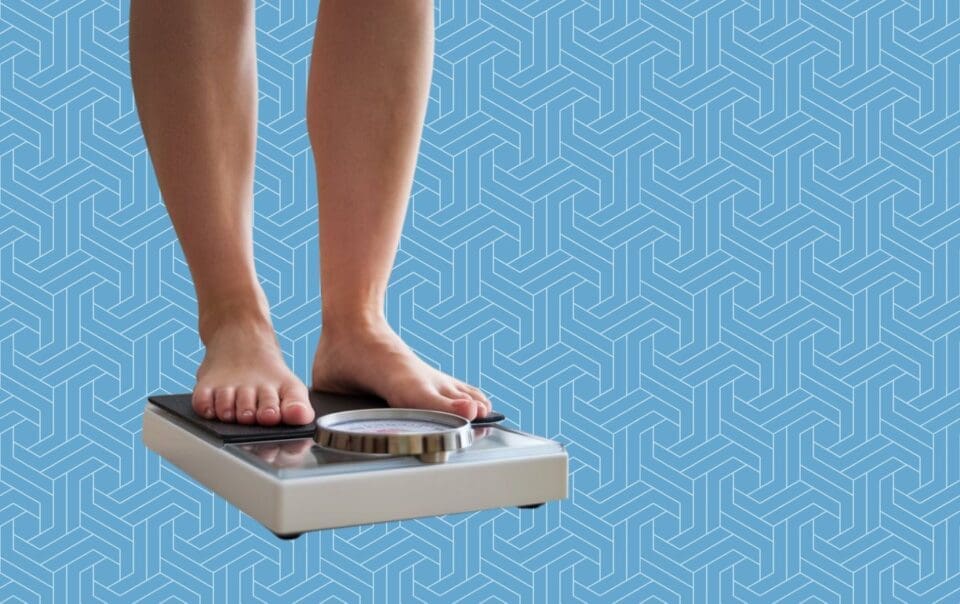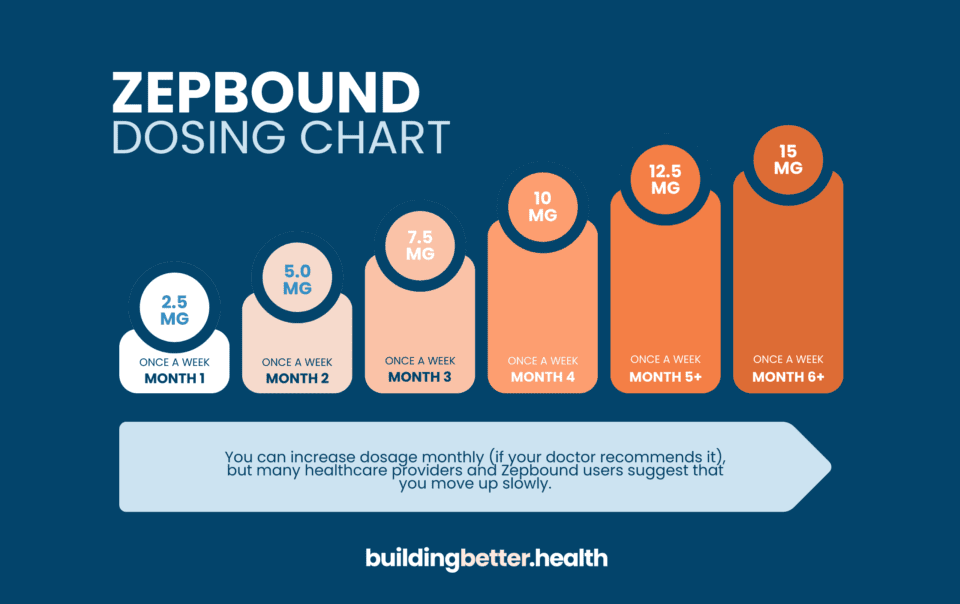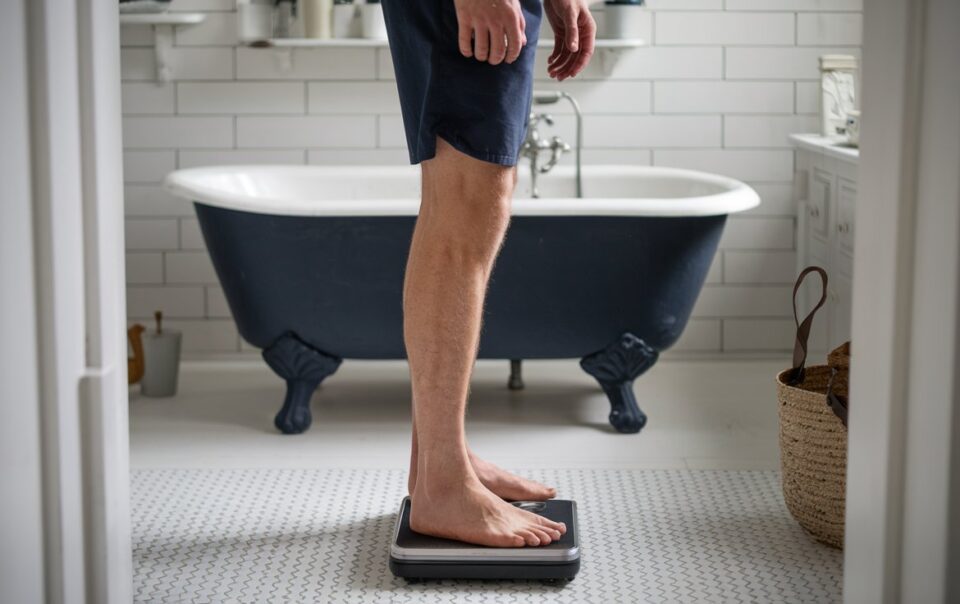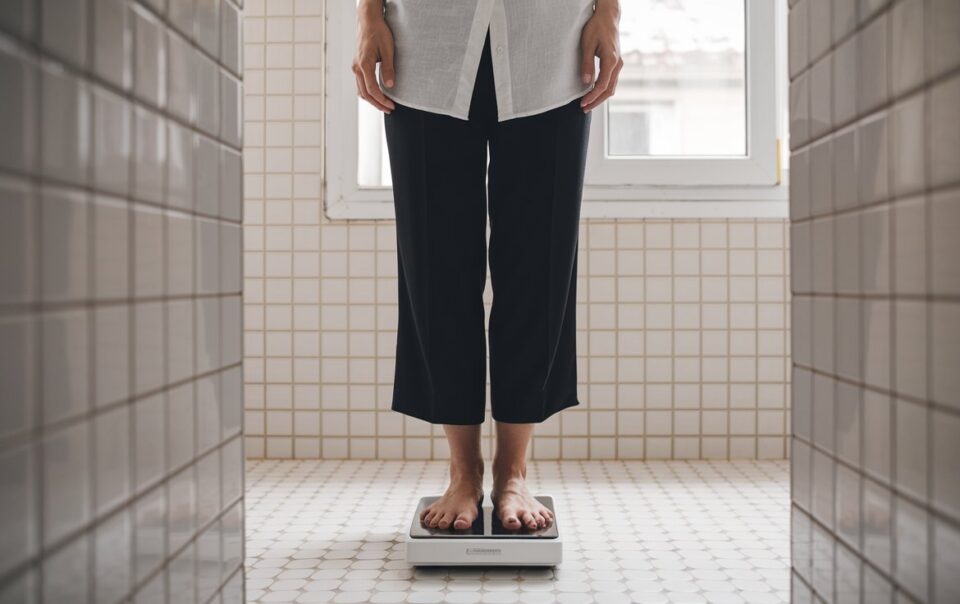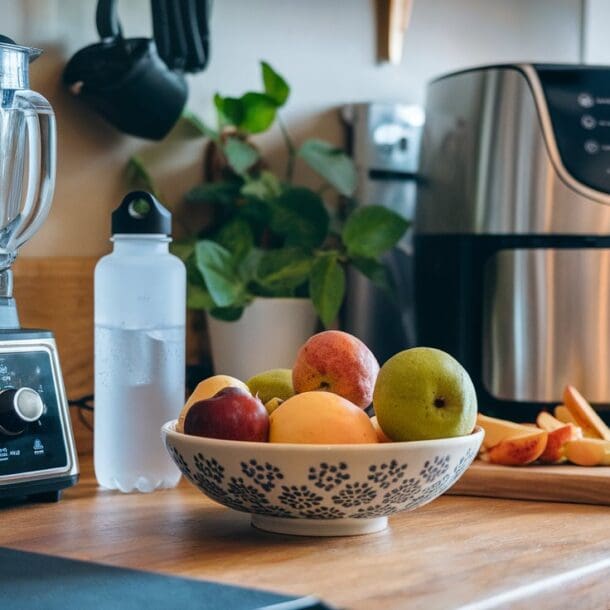Weight Loss Injections
GLP-1 MEDICATION GUIDE
LOOKING FOR INFO ON A SPECIFIC WEIGHT LOSS MEDICATION BRAND?
Weight Loss Meds | Tips & Advice
Get answers to the most common questions about weight loss injections.
Frequently Asked Questions (FAQs)
Q: How does Ozempic or Munjaro help with weight loss?
Ozempic, Munjaro and other weight loss injections are often referred to as GLP-1 medications. They work by mimicking a hormone called glucagon-like peptide-1, which affects hunger, digestion, and blood sugar regulation. They help you feel fuller faster, reduce appetite, and slow the movement of food through your stomach, which can lead to eating less and losing weight.
Q: What are the side effects, and how severe are they?
Common side effects include nausea, vomiting, diarrhea, constipation, and fatigue. Most side effects are mild and tend to decrease as your body adjusts to the medication. Starting at a low dose and gradually increasing it can help manage these side effects. If you experience severe or persistent side effects, it’s best to consult your healthcare provider.
Q: How quickly will I start to see results?
While everyone’s experience is different, some people notice a reduction in appetite (and “food noise”) within the first few weeks. Significant weight loss may take a month or more to begin, with gradual, sustainable results over time. Many people see more noticeable changes around the 2-3 month mark.
Q: How much weight can I expect to lose on GLP-1 medication?
Weight loss varies widely, but clinical trials have shown that people using GLP-1 medications like Wegovy and Zepbound can lose between 10-20% of their body weight over several months. Factors like diet, exercise, and individual metabolism also play a role in overall weight loss.
Q: How long do I need to stay on weight loss medication for weight loss?
Some people use a GLP-1 medication like Semaglutide, Ozempic, Wegovy or Zepbound to temporarily to kickstart their weight loss, while others may stay on them longer for continued support. This depends on your weight loss goals and medical needs, so it’s best to discuss a long-term plan with your healthcare provider.
Q: What should I eat while on GLP-1 medication?
A diet rich in whole foods, like vegetables, lean proteins, healthy fats, and fiber, can help you feel satisfied and manage potential side effects. Eating small, balanced meals more frequently can help control nausea. Avoiding highly processed foods, fast food, and added sugars can also support weight loss and reduce the chances of any gastrointestinal issues.
Q: Can I drink alcohol while taking a GLP-1 medication?
Moderate alcohol consumption is generally safe, but alcohol can increase the risk of certain side effects, like low blood sugar and nausea. Drinking in moderation and checking with your doctor can help you avoid any adverse effects.
Q: Will my insurance cover GLP-1 medication?
Insurance coverage varies widely, depending on the medication, your health plan, and your medical need. Some people find that their insurance covers part or all of the cost, while others may need to pay out of pocket. It’s best to contact your insurance provider or ask your healthcare provider about assistance programs.
Q: Can GLP-1 medications interact with other medications I’m taking?
Yes, GLP-1 medications can interact with certain drugs, especially those affecting blood sugar. Always provide your healthcare provider with a full list of medications and supplements you’re taking to avoid potential interactions.
Q: Do I need to follow a specific exercise routine while on GLP-1?
There isn’t a specific exercise requirement, but incorporating regular physical activity can boost weight loss results and improve overall health. Even light activities like walking or yoga can be beneficial, and you can build up gradually based on your fitness level.
Q: What happens if I miss a dose?
Missing a dose occasionally shouldn’t cause issues, but it’s best to get back on track as soon as you remember. Follow the instructions from your healthcare provider for missed doses, as each medication has specific guidelines.
Q: Is weight loss permanent after stopping GLP-1 medication?
Weight loss results can be sustained if you continue with healthy habits after stopping the medication, but many people report regaining weight. A sustainable lifestyle, including mindful eating and physical activity, is essential for maintaining weight loss long-term.
Q: How does GLP-1 compare to other weight loss medications?
GLP-1 medications (aka Semaglutide, Ozempic, Wegovy) are unique in their mechanism of action, primarily focusing on appetite reduction and blood sugar regulation. They’re often preferred for people who are overweight and may benefit from improved insulin sensitivity. Other medications may have different mechanisms and side effect profiles, so talk to your doctor about what’s best for you.
Q: Are GLP-1 medications safe for long-term use?
Studies suggest that GLP-1 medications like Wegovy, Munjaro, Semaglutide (just to name a few) are safe for long-term use for many people, though individual factors play a role. Your doctor can monitor your health and help decide if long-term use is appropriate.
Q: How do I manage nausea or other side effects?
Start with smaller, balanced meals, avoid fatty or greasy foods, and stay hydrated. Drinking ginger tea or taking small sips of water can also help. Side effects usually lessen over time, and your doctor may adjust the dosage if needed.
Q:. Do I need regular check-ups while taking GLP-1 medication?
Yes, regular check-ups allow your doctor to monitor your progress, adjust the dosage, and address any side effects. These check-ins are especially helpful during the first few months as your body adjusts.
Q: Can I take supplements or vitamins with GLP-1 medications?
Certain vitamins and minerals, like B12, electrolytes, and probiotics, can be helpful, especially if you experience side effects like nausea or changes in appetite. Always discuss new supplements with your doctor to ensure they’re safe with your medication.
Q: Will taking a GLP-1 medication affect my energy levels?
GLP-1 medications can sometimes cause fatigue, particularly in the beginning. As your body adjusts, energy levels often improve, and many people report feeling more energized as they lose weight. Staying hydrated, eating balanced meals, and getting enough sleep can help.
Q: Are there specific foods I should avoid while on GLP-1?
High-fat, fried, or greasy foods can exacerbate nausea, so they’re best minimized. Eating nutrient-dense foods like lean proteins, veggies, and whole grains can make meals more satisfying and help reduce side effects. Be sure to check out our 7-day meal plan for some ideas and examples.
Q: Is GLP-1 medication effective if I only need to lose a small amount of weight?
GLP-1s are typically prescribed for people with a significant amount of weight to lose or those with underlying conditions like type 2 diabetes. If you have only a small amount of weight to lose, lifestyle changes alone may be enough. Your healthcare provider can help assess if GLP-1 medication like Ozempic is necessary for your goals.
WOULD YOU LIKE WEIGHT LOSS TIPS & ADVICE DELIVERED DIRECTLY TO YOUR INBOX?
Sign up for our weekly emails.
BuildingBetter.Health A Division of Building Better Agents LLC | All Rights Reserved.



